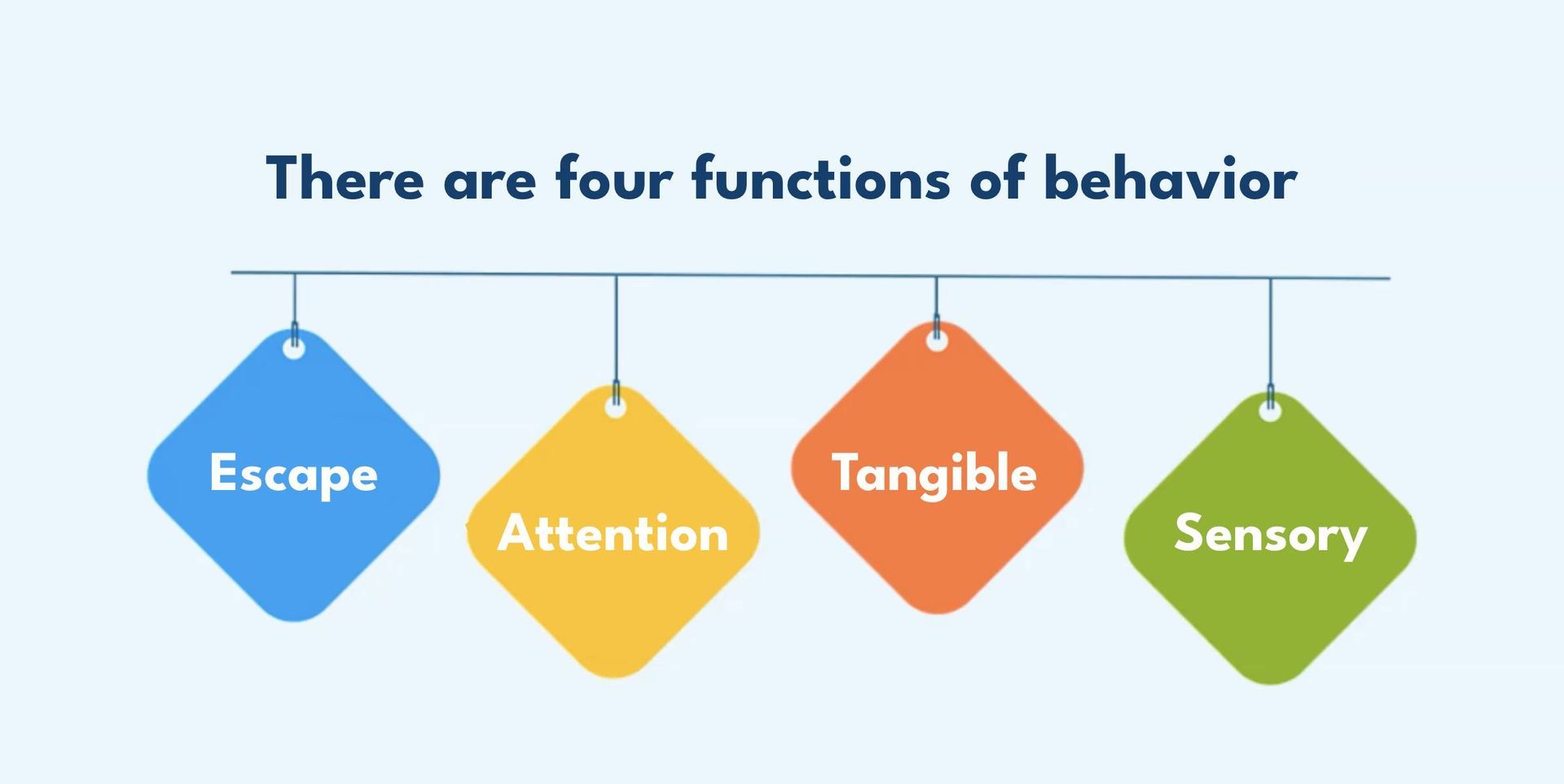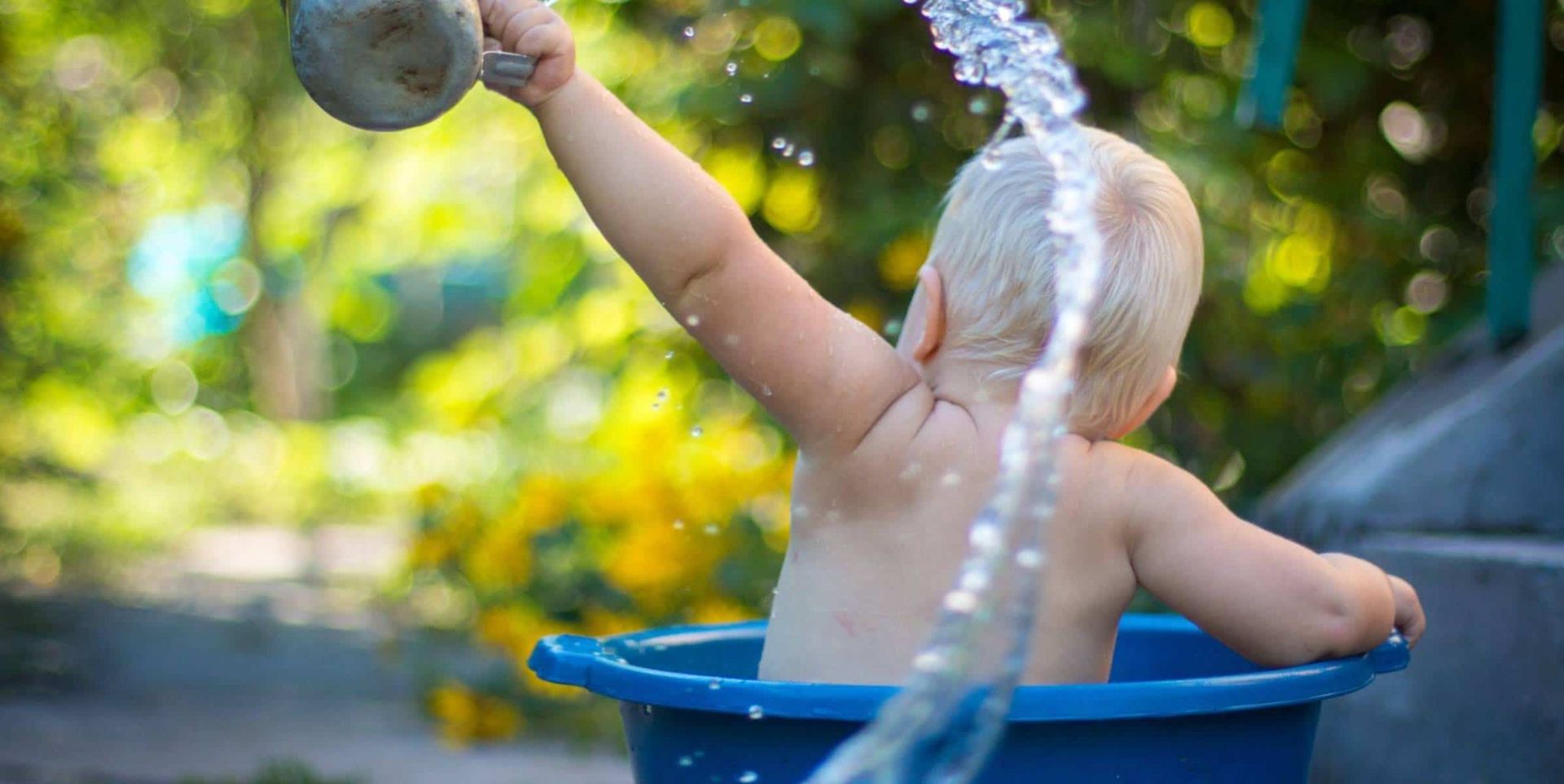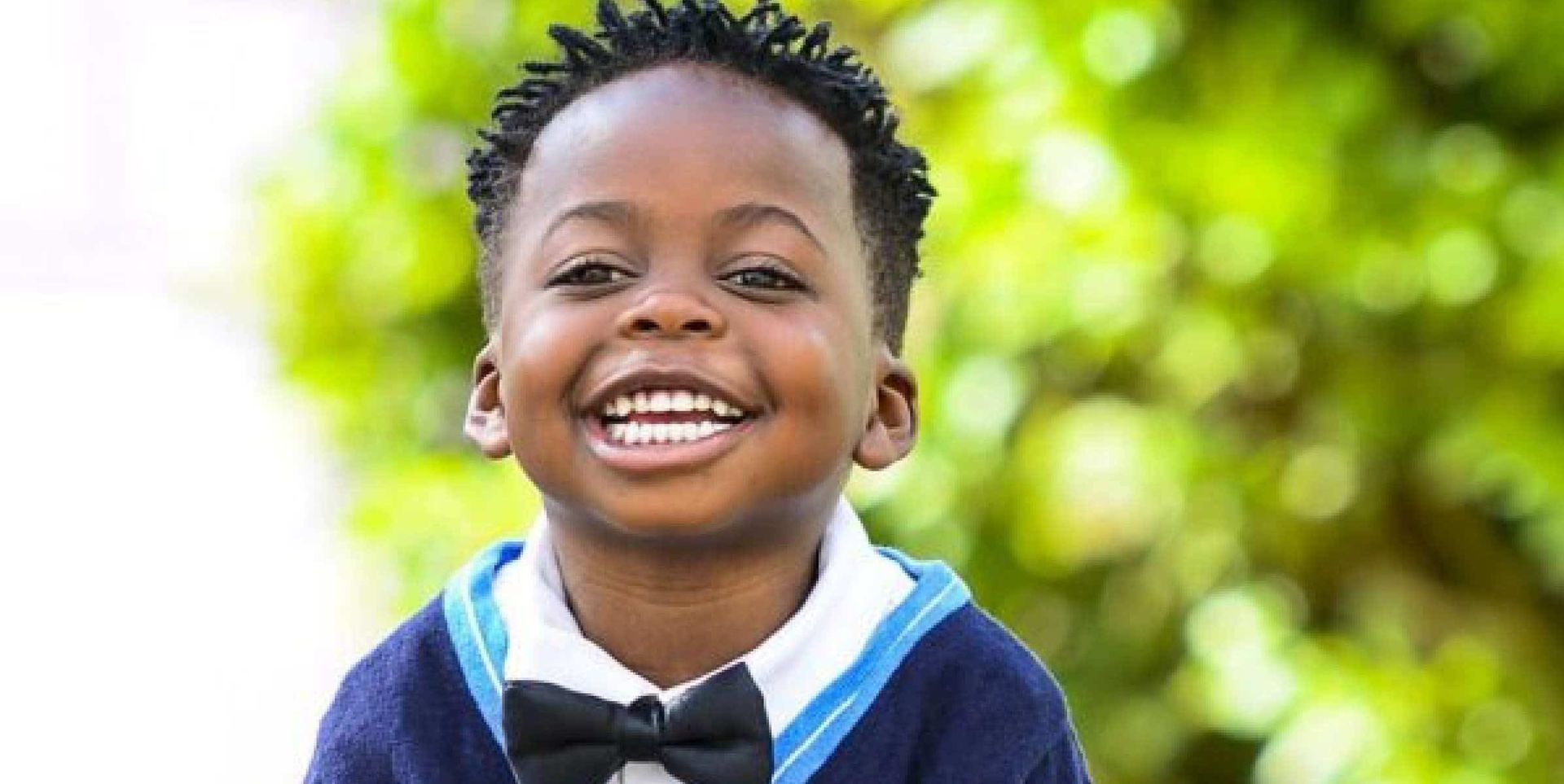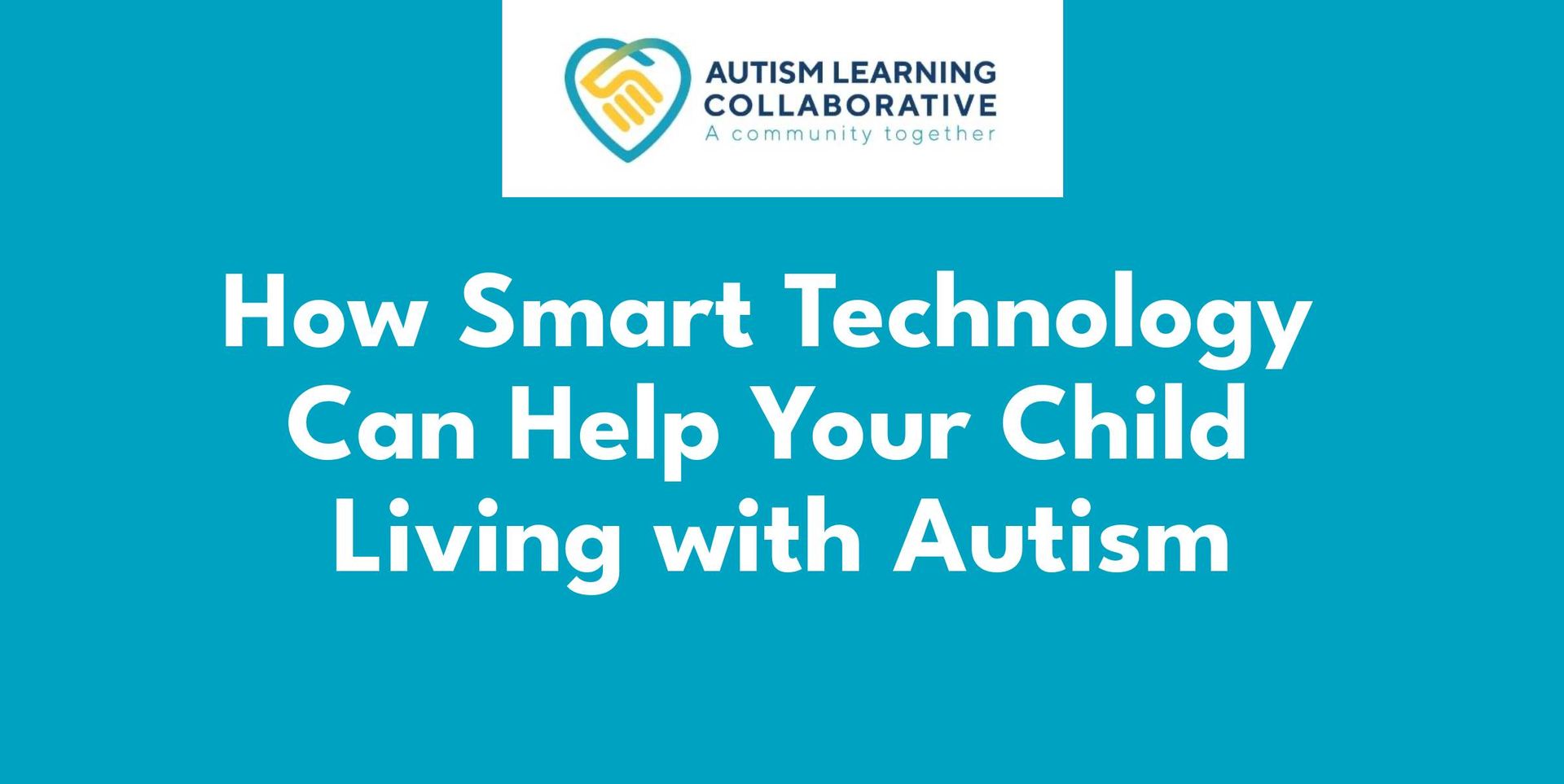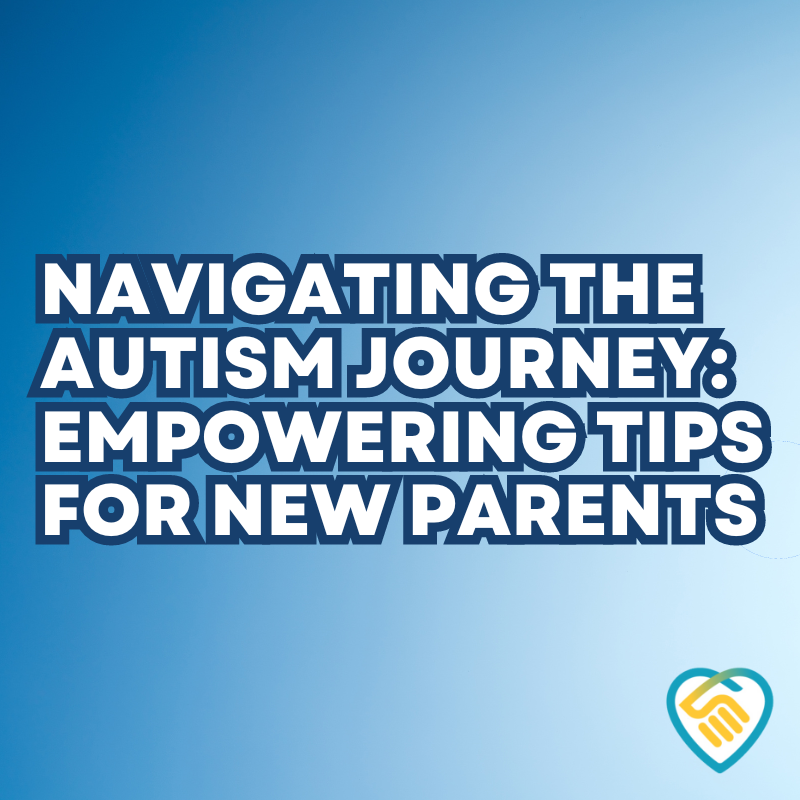Blog
ALC Blog
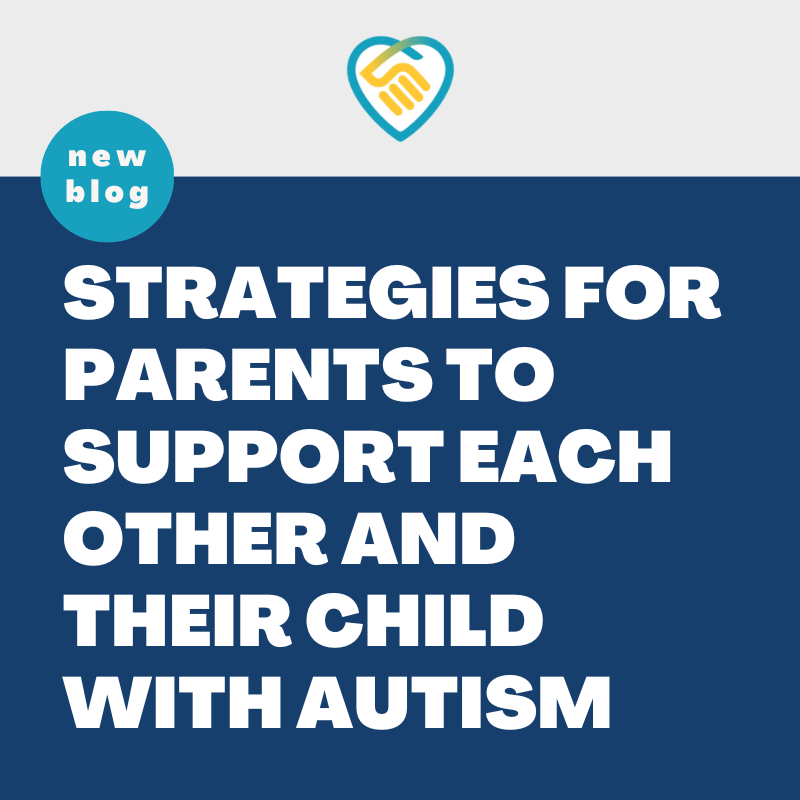
20 Feb, 2024
Receiving an autism diagnosis for your child can evoke a complex tapestry of emotions, from confusion and concern to love and determination. As parents embark on this journey together, supporting each other becomes as crucial as supporting their child. This blog explores the emotional dynamics within families navigating an autism diagnosis, offering practical advice to foster resilience, communication, and a balanced approach to caregiving. Understanding the Emotional Impact The initial phase following a diagnosis can be overwhelming. Acknowledging your feelings and giving yourself permission to experience a wide range of emotions is a crucial first step. It's important to remember that feelings of grief, frustration, and even relief are normal as parents come to terms with their new reality. Communication is Key Open and honest communication between parents is foundational. Regular check-ins where each person can express their feelings, fears, and hopes without judgment can strengthen your partnership. Consider establishing a weekly 'heart-to-heart' session where you can discuss not just the challenges but also the victories, no matter how small. Supporting Each Other Supporting each other doesn't always mean having all the answers. Sometimes, it's about listening or simply being there. Develop a code word or signal for those moments when you're feeling overwhelmed and need a break or extra support. This can help maintain a supportive environment even in the midst of stress. Finding Balance Finding balance between caregiving, personal well-being, and your relationship can seem like a daunting task. It's essential to carve out time for self-care and each other, apart from your roles as parents. Engaging in individual hobbies or activities and scheduling regular date nights or activities as a couple can help maintain a strong bond. Practical Strategies for Caregiving Educate Yourselves Together: Learning about autism as a team can help align your understanding and approach to care. Websites like Autism Speaks (www.autismspeaks.org) offer comprehensive resources for families. Create a Support Network: Connecting with other families navigating similar experiences can provide emotional support and practical advice. Online forums and local support groups can be valuable resources. The Autism Society (www.autism-society.org) is a good starting point for finding community connections. Seek Professional Guidance: Sometimes, professional support is necessary to navigate the complexities of autism. Family therapy or counseling can provide strategies to strengthen your relationship and family dynamics. Apara Autism offers free consultations, you can schedule yours here. Focus on Strengths: Every child with autism has a unique set of strengths and abilities. Celebrate these strengths and incorporate them into daily activities and learning opportunities. Establish Routines: Children with autism often thrive on routine. Working together to establish and maintain consistent daily routines can benefit your child and reduce family stress. In Conclusion Navigating the emotional landscapes of autism requires patience, understanding, and teamwork. The journey is long, but together, you can navigate the challenges and celebrate the joys that come with raising a child with autism. By supporting each other, maintaining open communication, and taking care of your own well-being, you can build a strong foundation for your family and your child.

07 Jan, 2024
As the calendar turns to January, we embrace the spirit of new beginnings. This is a time for reflection, planning, and setting goals, not just for ourselves but also for the special children in our lives undergoing Applied Behavior Analysis (ABA) therapy. The new year brings a unique opportunity for therapists, parents, and children to collaboratively set realistic and meaningful goals in ABA therapy. Understanding the Importance of Goal-Setting in ABA Therapy ABA therapy is centered around the individual needs of each child with autism. Goal-setting in this context is not just about achieving specific skills or behaviors; it’s about creating pathways for children to realize their potential and improve their quality of life. Well-defined goals provide direction for therapy sessions and a framework for measuring progress. Collaborative Goal-Setting: A Team Effort One of the strengths of ABA therapy is its collaborative nature. Therapists, parents, and sometimes, depending on their age and ability, the children themselves, should be involved in the goal-setting process. This collaboration ensures that goals are not only tailored to the child’s needs but are also aligned with family values and real-life situations. Strategies for Identifying Goals Assessing the Child’s Current Abilities: Start by understanding the child’s strengths and areas where they need support. This can involve direct assessment by the therapist and input from parents and educators. Setting SMART Goals: Goals should be Specific, Measurable, Achievable, Relevant, and Time-bound. For instance, improving two-way communication skills over three months is a SMART goal. Prioritizing Goals: Not all goals are created equal. Some skills might be foundational and need to be achieved before others. Prioritize goals based on their impact on the child’s daily life and overall development. Measuring Progress Regular assessments and observations are crucial in tracking progress. Celebrating milestones, no matter how small, is important. Progress in ABA therapy is not always linear, and every small step forward is a victory. Tips for Parents Be Consistent: Try to reinforce the goals set in therapy at home. Consistency is key in ABA therapy. Stay Informed and Involved: Regular communication with the therapist can provide insights into how best to support your child’s goals at home. Celebrate Achievements: Acknowledge and celebrate your child’s achievements, however small they may seem. This encourages them and shows them the value of their efforts. Conclusion The new year is a time for new goals and fresh starts. In ABA therapy, setting achievable goals is essential for the continued progress of children with autism. By working together, therapists and parents can create a supportive and effective environment for these children to thrive in 2023 and beyond. Let’s use this opportunity to reflect on past achievements and chart a course for a year filled with growth and learning.
CONTACT US
Toll-Free: 844-743-6506
Content, including images, displayed on this website is protected by copyright laws. Downloading, republication, retransmission or reproduction of content on this website is strictly prohibited. Terms of Use
| Privacy Policy


